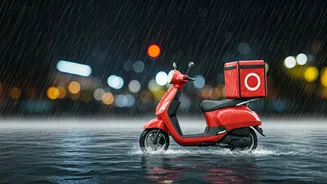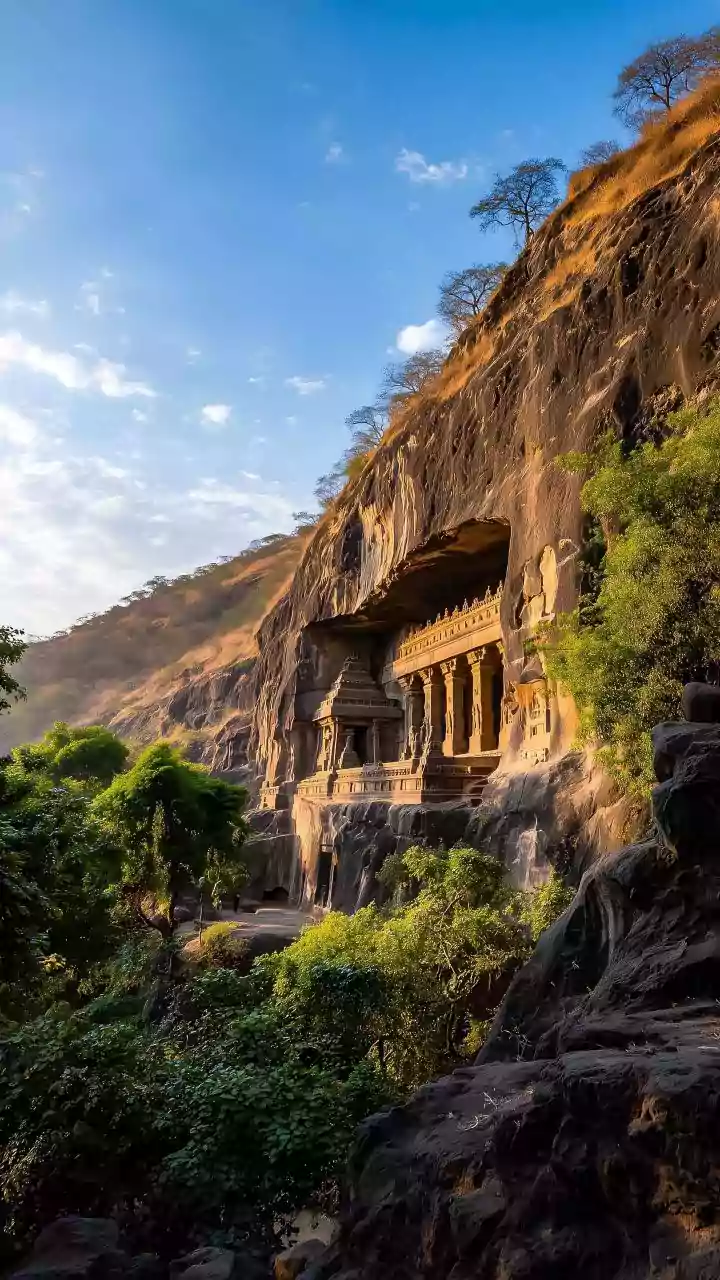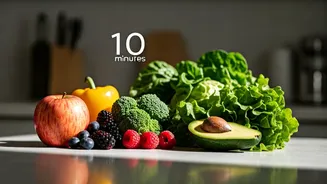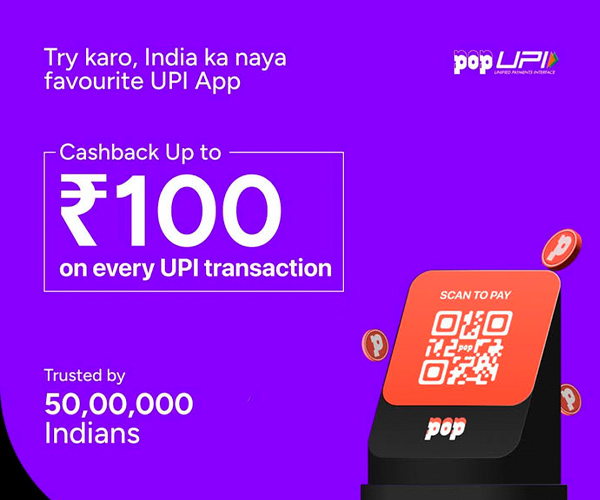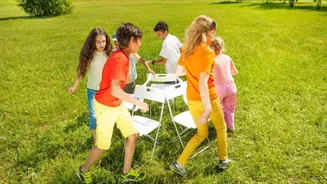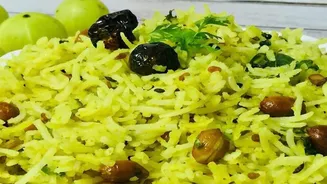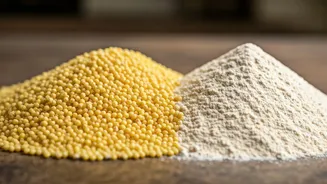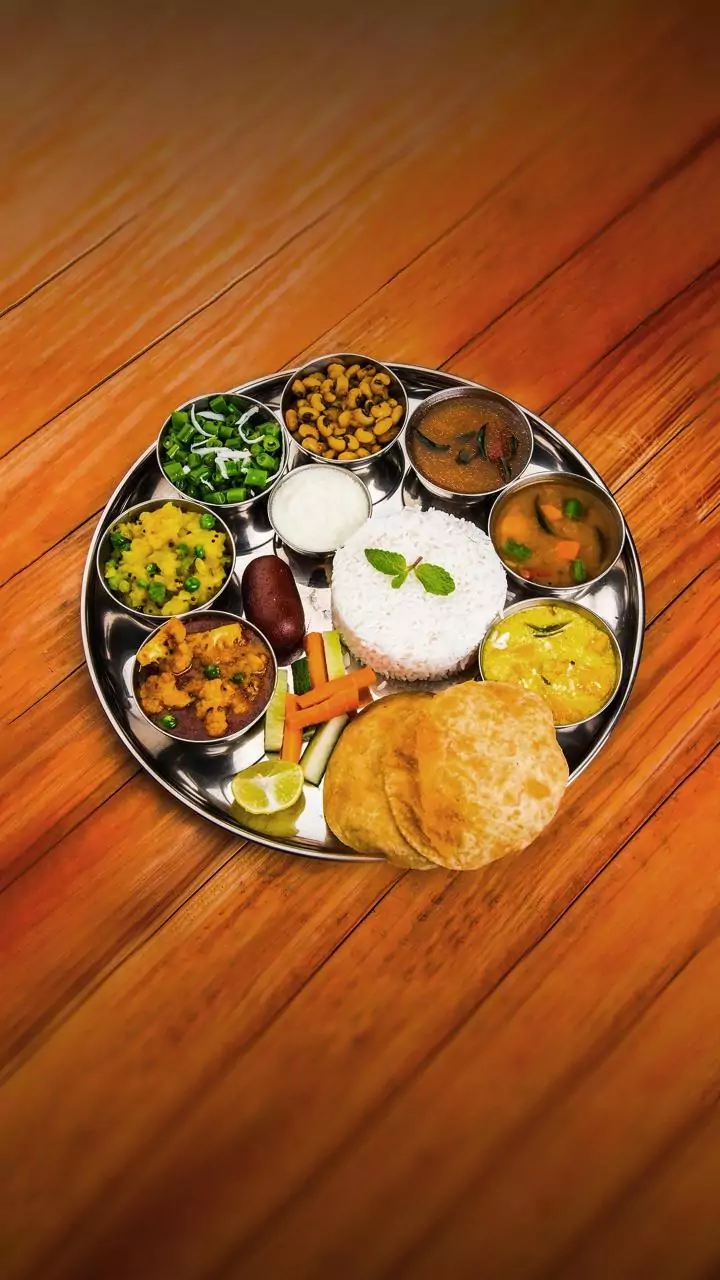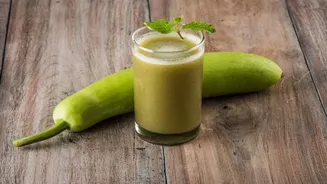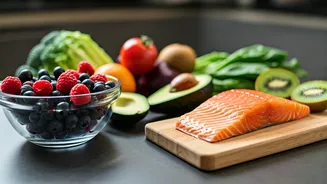The Rising Tide: Climate Change and Your Meal
Climate change is no longer a distant threat; it’s affecting daily life, including the food supply chain. Rising temperatures, unpredictable monsoons, and extreme weather events like cyclones are impacting crop yields and delivery routes. This is where climate add-ons step in, helping to build resilience and support initiatives addressing food security. Consider the cost of your favorite *biryani* and how climate affects it.
Why Climate Add-ons Are Essential in 2025
Climate add-ons are small contributions added to your order that go towards supporting climate resilience projects. These projects might include reforestation efforts, disaster relief programs, or sustainable farming practices. Think of it as a small step towards offsetting the environmental impact of your food delivery. For example, a small amount could help support farmers dealing with unpredictable weather or even a *samosa* stall that needs climate-resilient resources.
Disaster-Prone States: Where Your Contribution Matters Most
Certain Indian states are disproportionately affected by climate disasters. States like Kerala, frequently hit by floods, and Bihar, prone to both floods and droughts, significantly benefit from these add-ons. Funds may be channeled into providing disaster relief, improving infrastructure, and supporting local communities. The *Onam* festival in Kerala, and the livelihoods it supports, depend on this support.
How Climate Add-ons Work: A Closer Look
When you choose a climate add-on, a small percentage of your payment is allocated to verified climate projects. These projects could range from supporting sustainable farming practices that use less water to community initiatives that help rebuild after natural disasters. Transparency is key; you should be able to see where your money is going. Imagine contributing a little to help with *puri-sabzi* stalls.
Making a Difference: Your Role in Sustainable Food Delivery
By selecting climate add-ons, you’re actively contributing to a more sustainable future. This small step can collectively make a significant impact on food security and community resilience, particularly in vulnerable regions. It's a way to support local vendors and help ensure that your favorite *idli-vada* is available even during extreme weather events. These small acts can have a big impact.
